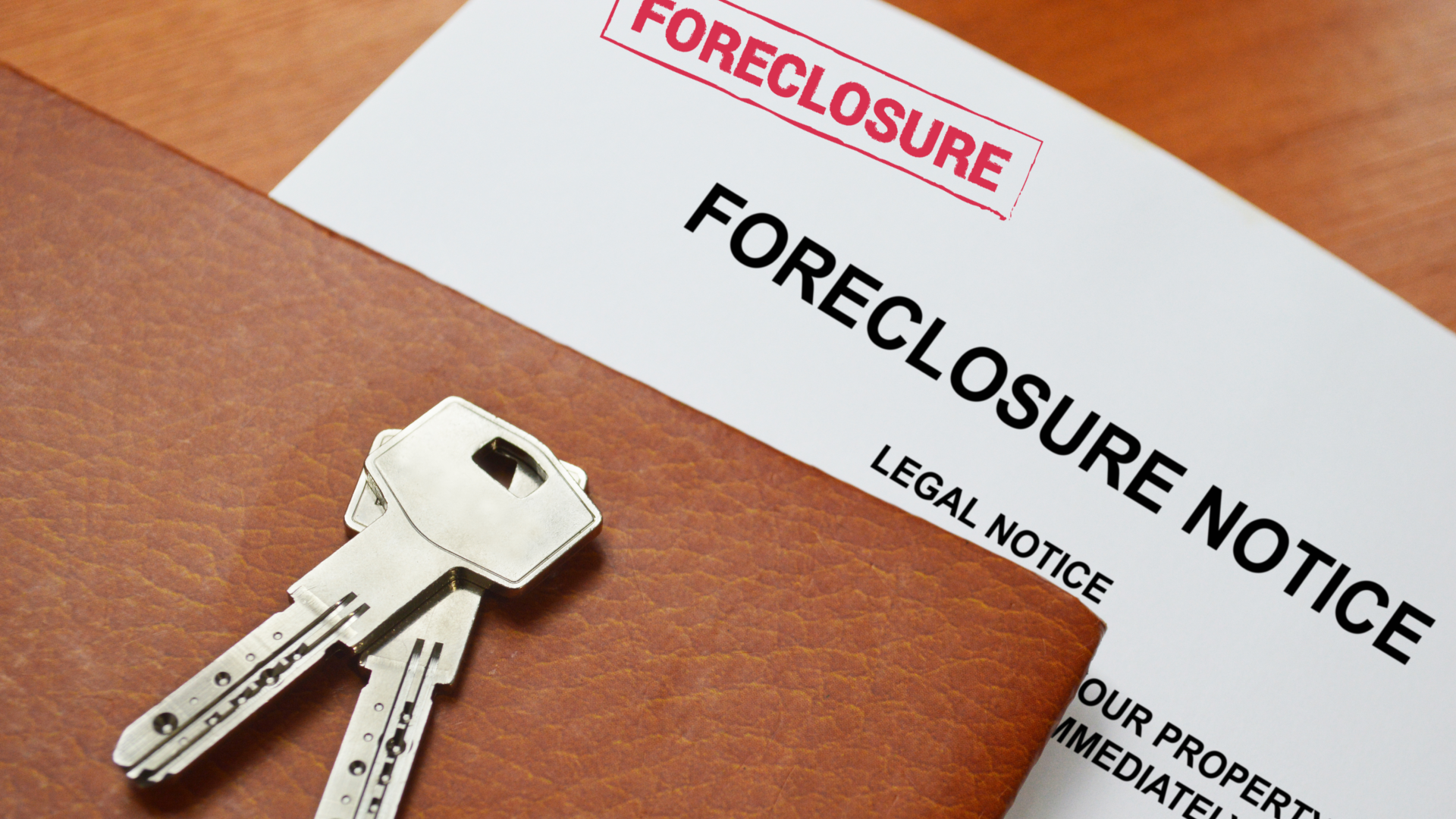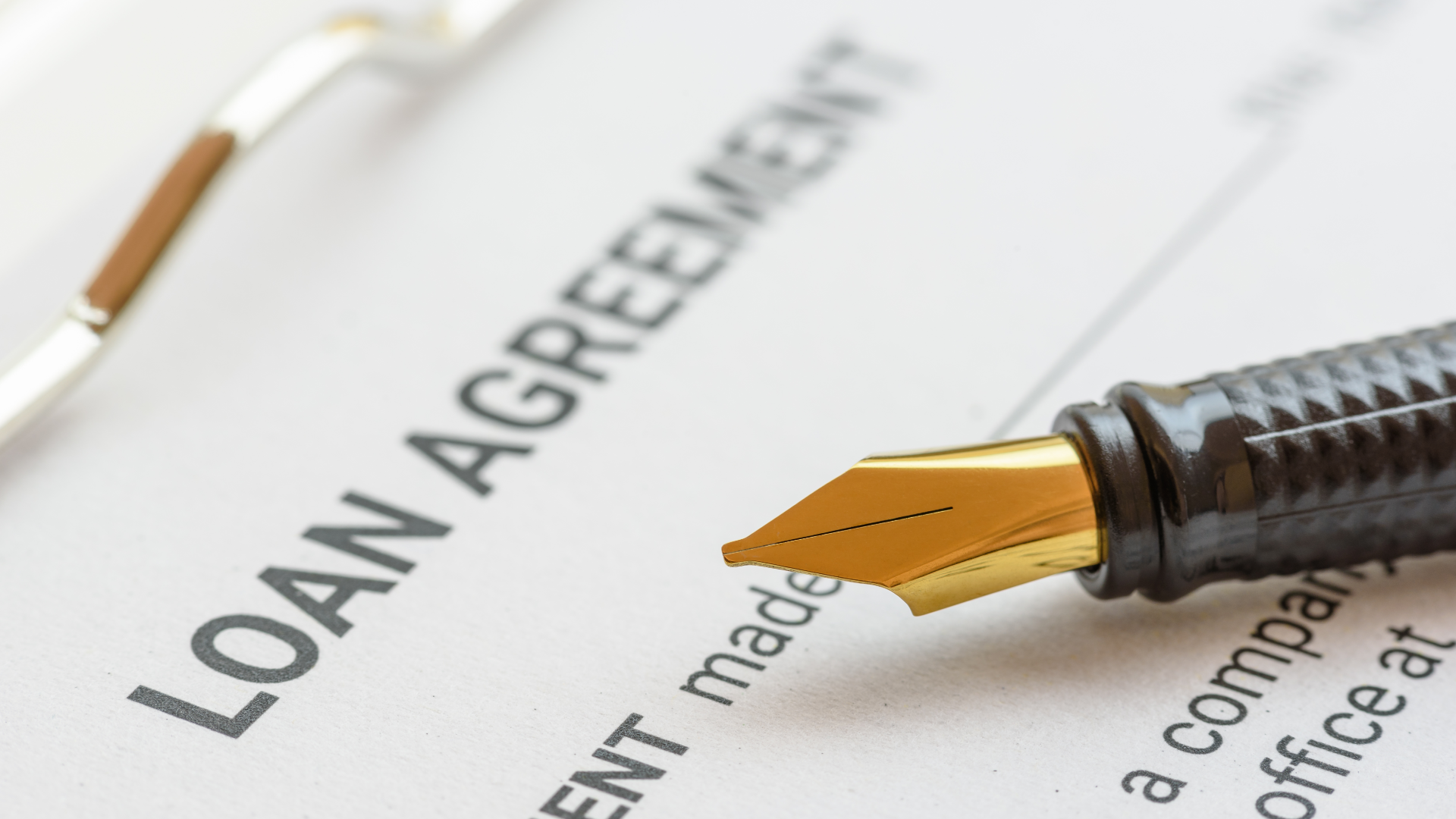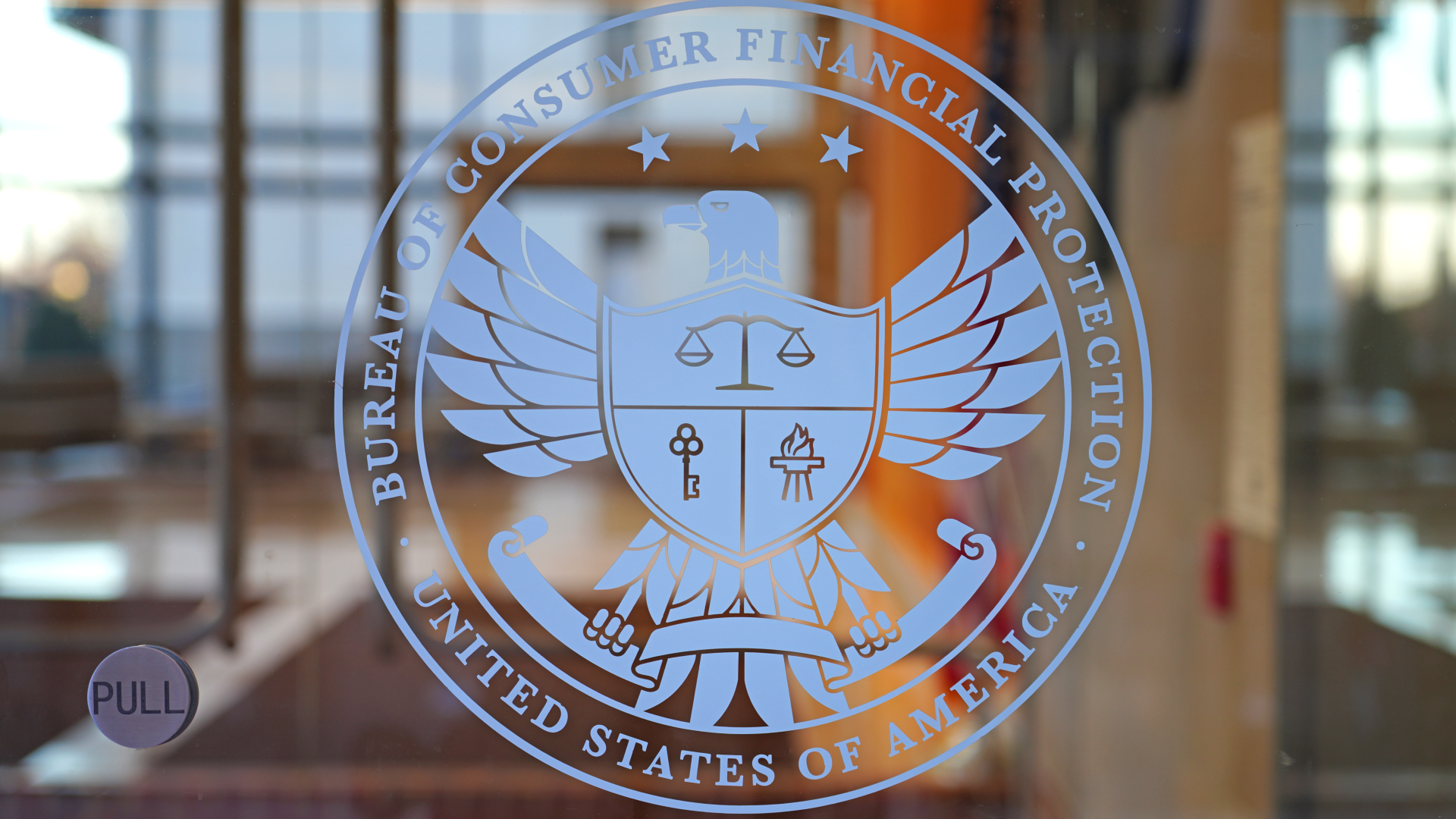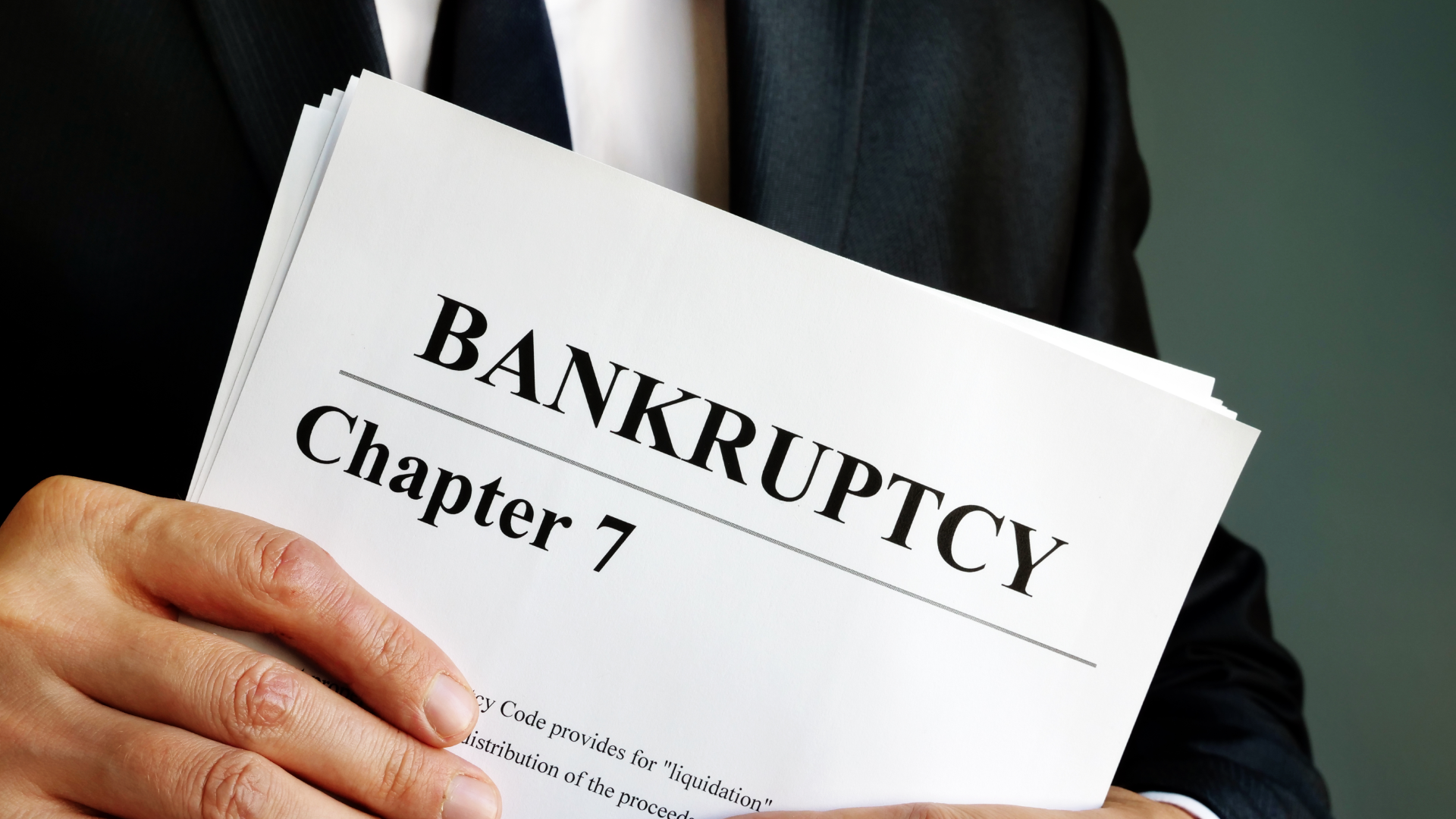
The COVID-19 pandemic has turned people’s lives upside down in myriad ways. With many Texans out of work or facing significantly reduced hours, homeowners and renters are concerned about losing their homes to foreclosure or eviction. The CARES Act has helped millions of homeowners stave off foreclosure, and subsequent executive orders have extended these benefits. Nonetheless, economists are concerned about a rising tide of foreclosures in 2021, with economic conditions uncertain and moratoriums set to expire in March. If you’re having trouble paying your mortgage or you are worried about your ability to keep it current in the future, a foreclosure lawyer at Leinart Law Firm can help you find options that can enable you to keep your home.
Federal Foreclosure Protections

Federal Housing Finance Agency (FHA) Loans
The general federal pause on foreclosures and evictions that was instituted in early 2020 has now been extended by executive order through March 31, 2021. Additionally, with respect to FHA-insured loans, HUD is requiring mortgage servicers to provide up to six months of COVID-19 forbearance when a borrower experiencing a financial hardship due to COVID-19 requests this assistance. An additional six months of COVID-19 forbearance are available for borrowers who request an extension of the initial forbearance, as well.
If you’re considering asking for forbearance from your lender, it is critical to contact them before March 31, 2021. For more information about these protections, visit the HUD website.
USDA Rural Development Loans
Texans who live in rural areas are also suffering financial difficulties due to the COVID-19 pandemic. Borrowers with USDA single-family housing Direct and Guaranteed loans have access to the same moratorium assistance until March 31, 2021 by calling the USDA at 800-414-1226 and verbally requesting a payment moratorium. Borrowers have the option to cancel the moratorium at any time or request the moratorium be extended up to an additional 180 days. At the end of the one-year moratorium, Direct borrowers can request the moratorium be extended up to an additional year, for a total of two years. To be granted an additional year, the borrower must meet eligibility criteria and submit a moratorium application. To find out more about deadline extensions and Rural Development loan payment assistance, visit the USDA website.
Find Out if You’re Eligible

The Consumer Financial Protection Bureau website also provides information about different federal loan programs, their forbearance policies and how to find out if your loan is covered by one of these programs. If you’re unsure of which type of loan you have and whether you are eligible for any of these programs, an experienced foreclosure lawyer can help you sort it all out.
State of Texas Foreclosure Protections

Although Texas has not put a state moratorium on foreclosures, the Supreme Court of Texas established the Texas Eviction Diversion Program, which allows eligible landlords and tenants to resolve issues surrounding evictions during the COVID-19 pandemic. If eligibility requirements are met, rent up to five months past due and future rent payments for six months may be paid by the TEDP, and the eviction case is dismissed. In addition to being extremely helpful for tenants, it benefits property owners, as they are eventually reimbursed for rent through this voluntary program.
Look Out for Scams

Unfortunately, scammers are out in full force during these tough times. Scams posing as government assistance, aid programs, class action lawsuits and other organizations can be hard to distinguish from legitimate opportunities. HUD provides important information and resources on how to protect yourself from foreclosure or eviction assistance scams, which can help you to identify and avoid them.
Other Ways to Help Stop Foreclosure during the COVID-19 Pandemic

Regardless of the type of mortgage you have, if you believe you’re at risk of foreclosure, be proactive. Call your lender or mortgage servicer to discuss what you can do. Make sure to tell them that you’ve been affected financially by the COVID-19 pandemic.
Typically, lenders or servicers don’t start the foreclosure process until you are about 60 to 90 days past due on your mortgage. If you haven’t missed a payment yet but anticipate financial trouble, don’t wait to contact your lender. Contacting them before you miss a payment shows that you’re acting in good faith. Many financial institutions are providing their own assistance, forbearance and loss mitigation options, so it can’t hurt to try. Mortgage companies and lenders are very busy, so if you can’t get through on the phone, contact them through their websites. A few important questions to ask about forbearance include:
- How many months’ payments will be postponed?
- When will deferred payments be due?
- Can the missed payments be repaid over a longer time, or will I have to pay a lump sum at the end of the forbearance period?
- Will late fees be reversed?
- Will there be any negative credit reporting for deferred payments?
Make sure to get all terms of the forbearance in writing. If you have to submit an application for assistance, keep in contact with your servicer until you receive a letter stating that your application is complete and forbearance is approved.
Bankruptcy in Texas

Another way to delay or prevent foreclosure is by filing for Chapter 13 bankruptcy. Bankruptcy puts an “automatic stay” on most of your debts, which means that a lender can’t take your home or car and creditors pursuing you for unsecured debt such as credit cards must stop collection actions. It also provides an extended payment plan to allow you to catch up on the payments you are behind on while still being court protected from foreclosure actions. A debt relief attorney can do a comprehensive evaluation of your finances and advise you on your options for avoiding foreclosure, other collection actions and discharging or restructuring your debt. Most foreclosure attorneys in Texas offer a free initial consultation, so contacting an attorney to find out what options are available to you is a win-win.
Contact a Dallas Foreclosure Attorney

To learn more about options for halting foreclosure during the COVID-19 pandemic, please email us, fill out the contact form on our website or call 469-232-3328 in Dallas /Plano area or 817-426-3328 in Fort Worth to schedule a complimentary consultation with a foreclosure lawyer today. Leinart Law Firm is proud to serve all of North Texas.


